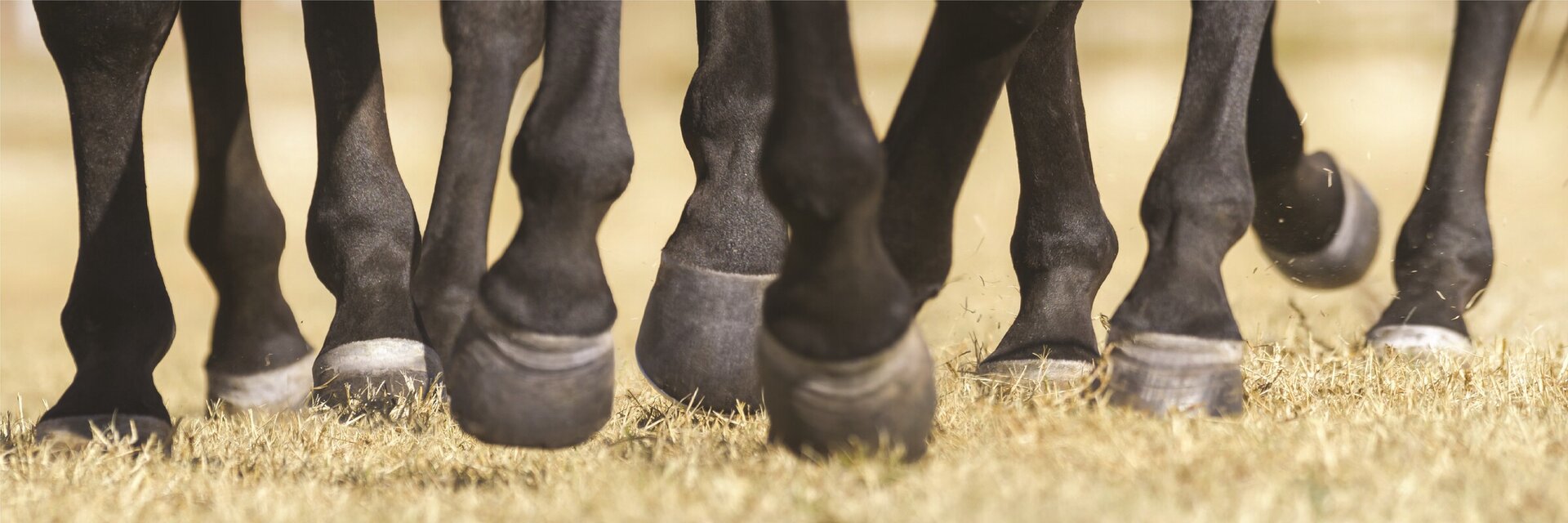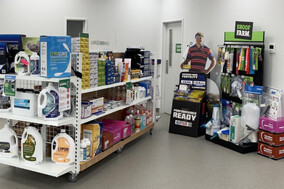Lameness in horses is a frequent cause of poor performance and investigating a horse's lameness forms a major part of the work at VetSouth Equine. Although initial assessments and simple lameness such as hoof abscesses can often be diagnosed and treated at the stable or at home, more complicated lameness cases are best to be brought into the clinic.
Lameness examination involves walking and trotting in a straight line and lunging on a circle on both a hard and soft surface and flexion tests. We are also able to observe horses being exercised under saddle or in the cart. Nerve blocks and joint blocks are routinely carried out (where appropriate). Following isolation of the affected region, diagnostic imaging (x-rays or ultrasound) is used to help identify the cause of the lameness.
THE BENEFITS
Why VetSouth is a great choice

We're locals
We’ve been in the lower South Island for decades. It’s where we’re from and where we raise our families.

Wide network
We’re plugged into the Veterinary world and our team can call on expertise from all over the world, then deliver it locally.

Handy clinics
We’re close to you for consults, supplements, supplies...whatever you need. Pop on in or organise a delivery.

INNOVATION & RESEARCH
A never ending quest for improvement and advancement
Researching animal welfare and pathology is a passion we share, with our work being used by industry bodies such as Dairy NZ, the Sustainable Farming Fund and Beef & Lamb.













